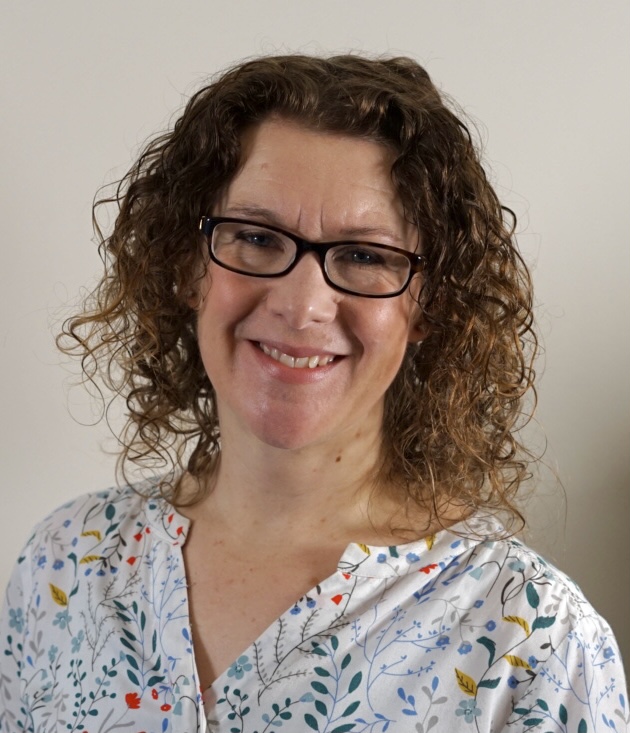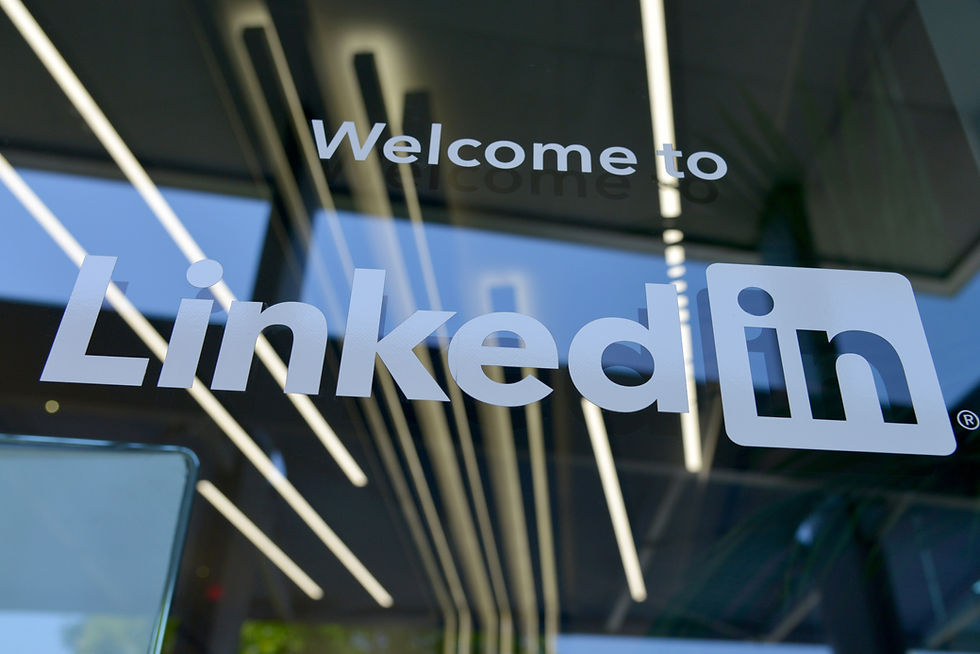The Academic Isolation Trap: Why 'Productive' Solitude Is Making Us Less Effective
- Wendy Nicholls
- Aug 1, 2025
- 5 min read
"I don't have time for coffee chats—I barely have time for my actual work."
This sentiment has become the unofficial motto of modern academia. We've convinced ourselves that relationships with colleagues are luxuries we can't afford. But what if the isolation we've embraced in pursuit of productivity is actually making us less effective, less creative, and more likely to burn out?
Research shows that academic isolation is systematically undermining our work quality and career progression, particularly if we're women with care responsibilities.
When Efficiency Becomes Self-Sabotage
The shift to remote working accelerated a trend that was already emerging: academics treating colleague interaction as a distraction from productive work. We eat lunch at our desks, skip department meetings when possible, and measure successful days by uninterrupted focus time.
This approach treats academic work like factory production—more hours of isolated effort equals better output. But academic work isn't manufacturing widgets. It's creative problem-solving that requires the kind of innovative thinking that emerges through conversation, debate, and exposure to different perspectives.
When we eliminate these interactions, we're removing the conditions that make academic work effective. The "productive" isolation that feels efficient in the short term creates intellectual stagnation over time.

The Hidden Costs of Going It Alone
Isabel Villamor's research [1] on remote working demonstrated that academic isolation carries specific penalties for women. While the immediate benefits seem obvious (flexibility around school pickups, reduced commuting stress) the longer-term professional costs are significant. Women's requests to work from home are viewed more negatively than men's, and academic mothers report working extra hours to compensate for childcare interruptions, leading to greater difficulty disengaging from work. Professor Gail Kinman's research reinforces this, showing that women academics face particular challenges managing competing work and home demands, often lacking the informal support systems that help contextualise these pressures.
The damage goes beyond gender disparities. Isolated academics consistently report that normal work challenges feel uniquely overwhelming. Without colleague interaction, every setback feels like confirmation that we're uniquely incompetent. When we can't see colleagues dealing with similar pressures, our problems appear insurmountable. The rejection becomes evidence of personal failure when experienced in isolation.
The Collaboration Dividend
Being "too busy for coffee" means we miss fifteen minutes of informal conversation which can solve problems that might take hours to work through alone. Academic work is inherently collaborative—ideas develop through discussion, breakthrough insights emerge from chance encounters, and complex problems get solved through collective thinking. I had some of the best conversations with colleagues from other departments during a lull at clearing or open days.
The academic who seems too busy for colleagues often spends longer on tasks that collaborative thinking could streamline. We struggle alone with methodological problems that a corridor conversation could resolve. We reinvent solutions that colleagues have already developed. We miss opportunities for research collaboration because no one knows what we're working on.
Research consistently shows that academic collaboration leads to better research outcomes, more innovative solutions, and higher-quality publications. Yet we've created working patterns that systematically eliminate the informal interactions where these collaborations begin.

The Visibility Penalty
Beyond intellectual isolation, remote working created a "visibility penalty" that particularly affects career advancement. Academic promotion depends partly on informal recognition—being seen as dedicated, collaborative, intellectually engaged. These judgements happen through casual conversations, impromptu discussions about research challenges, and the general sense of someone being present in intellectual community life.
Working in isolation eliminates opportunities for this informal recognition while maintaining all formal work expectations. We complete the same tasks but miss the moments where colleagues witness our expertise, dedication, or collaborative spirit. For women, who already face advancement barriers in academia, this visibility penalty compounds existing disadvantages.
Breaking the Productivity Myth
The solution isn't abandoning focused work time or returning to pre-pandemic office patterns. It's recognising that strategic colleague interaction is productive work, not a distraction from it. Effective academic work requires both concentrated individual effort and collaborative engagement. The academics who thrive aren't those who work in complete isolation, they're those who maintain strong colleague relationships while protecting time for deep work.
This means treating a fifteen-minute conversation about research challenges as seriously as we treat manuscript deadlines. It means recognising that helping a colleague think through a problem is like intellectual cross-training that strengthens our own analytical skills.

Taking Strategic Action
Start with one meaningful colleague relationship. Not for formal collaboration, but for the kind of informal intellectual engagement that generates ideas and provides perspective on challenges.
Schedule regular coffee meetings with peers from different departments. Join or create informal academic support groups. Attend talks outside our immediate field. Use linkedin to connect to those in your area of academic interest. (If you need any tips on this, book onto my free LinkedIn for Academics webinar). These aren't social luxuries, they're professional necessities that the current academic system has trained us to see as optional.
Be honest about struggles rather than maintaining professional facades. The colleague who admits to feeling overwhelmed often discovers that others face identical challenges. This shared perspective doesn't solve structural problems, but it prevents isolation from making manageable difficulties feel impossible.
Academic isolation is making us feel lonely and it’s making us less effective at the work we care about. The time we think we're saving by avoiding colleague interaction is being wasted on problems that collaboration could solve efficiently.
We can't fix the structural issues of HE through better networking, but we can stop letting isolation compound the challenges we already face. Strategic colleague relationships aren't distractions from academic productivity—they're essential conditions for it.
If academic isolation is making your work feel impossible and you want support in building sustainable connection strategies while protecting your productivity, I can help. As someone who spent over 20 years in UK higher education, I understand these unique challenges. Book a call to discuss creating support systems that enhance rather than compromise your academic effectiveness. https://tidycal.com/drwendynicholls/letschat
[1] Villamor, I., Hill, N. S., Kossek, E. E., & Foley, K. O. (2023). Virtuality at work: A doubled-edged sword for women’s career equality?. Academy of Management Annals, 17(1), 113-140.
Hi, I am Wendy. I work with overwhelmed academics to help them escape the endless treadmill of competing demands so that they can reconnect with their identity & purpose.
Packages start from £499.
With me you can expect to achieve:
A comprehensive mapping of where you are now, and where you want to be.
Clarity on what matters to you both professionally and personally.
Practical tools to set work boundaries that actually stick in academic environments.
Strategies to protect your wellbeing while still delivering quality work.
Emotional support and understanding.
Confidence to make decisions to support your future personal and professional life.
Book a chat in my diary, it is free for a 30 minute conversation to find out if working with me can help you take the next steps in your academic life. https://tidycal.com/drwendynicholls/letschat





Comments